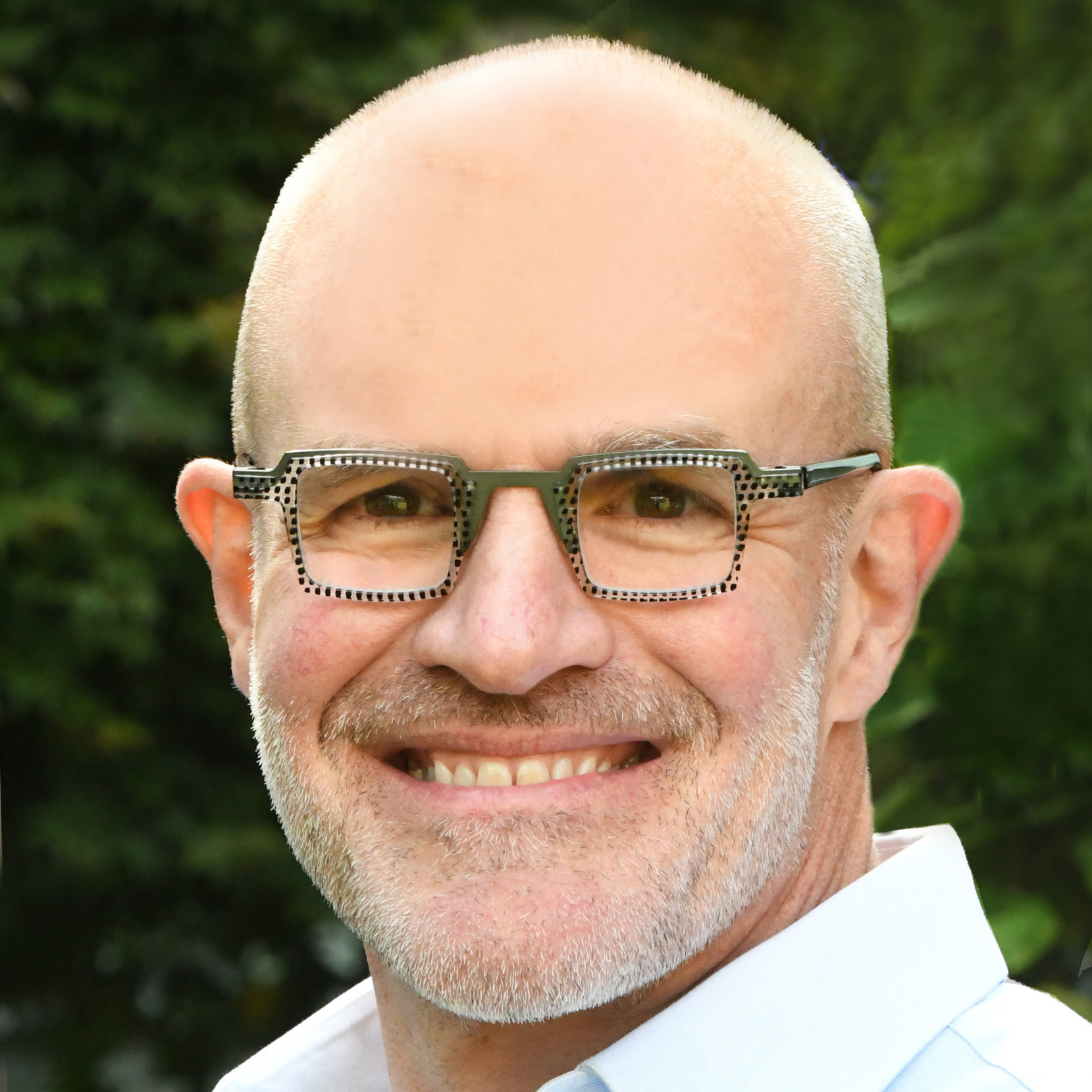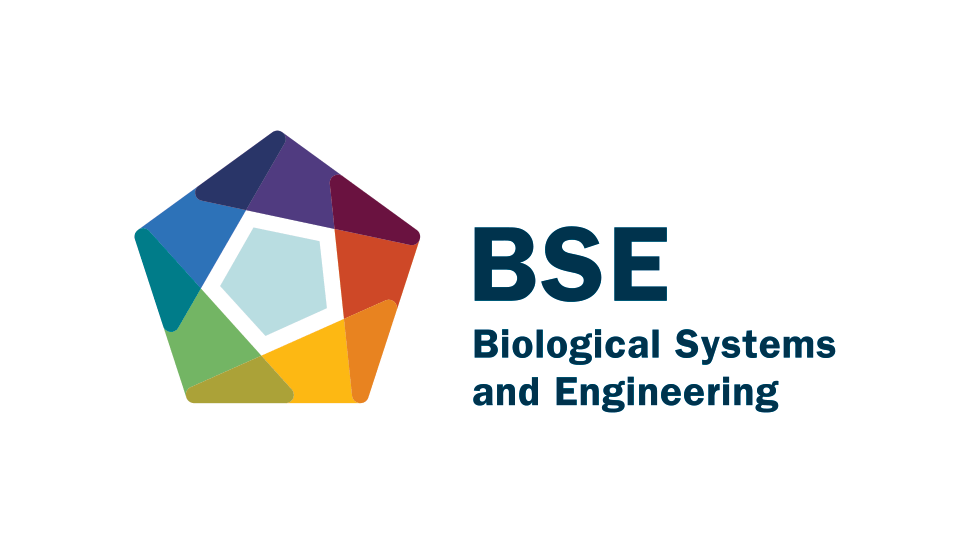
some more text
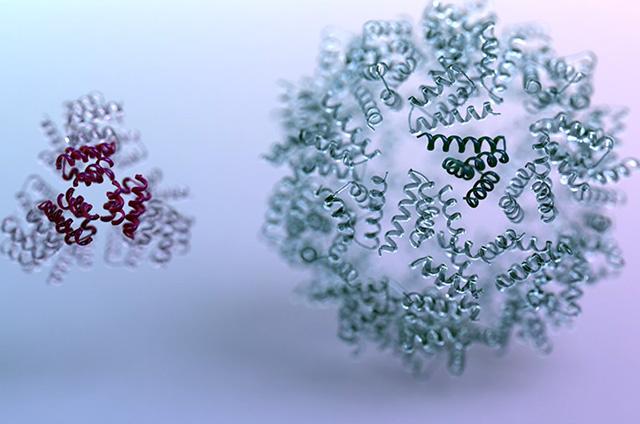
some more text
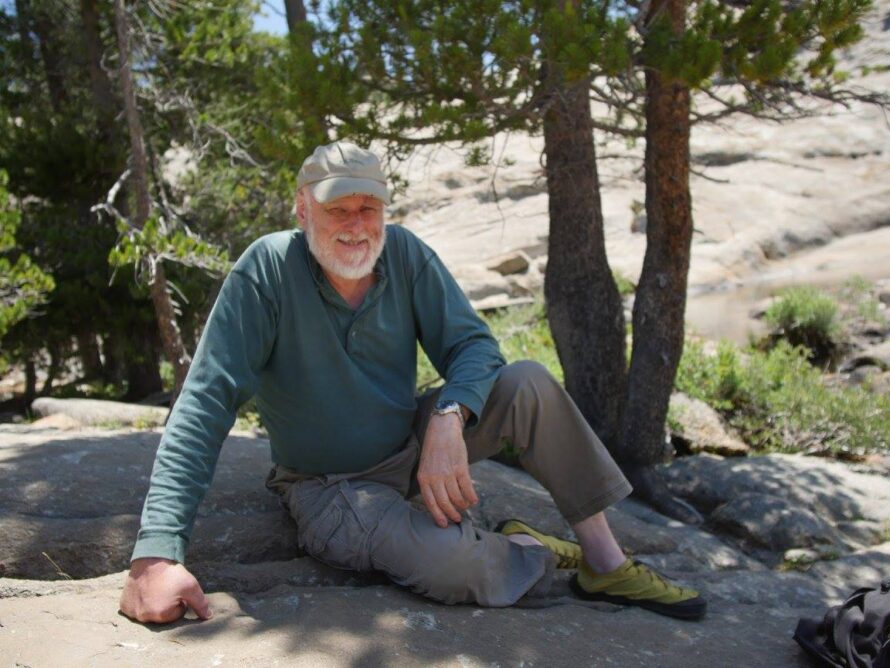
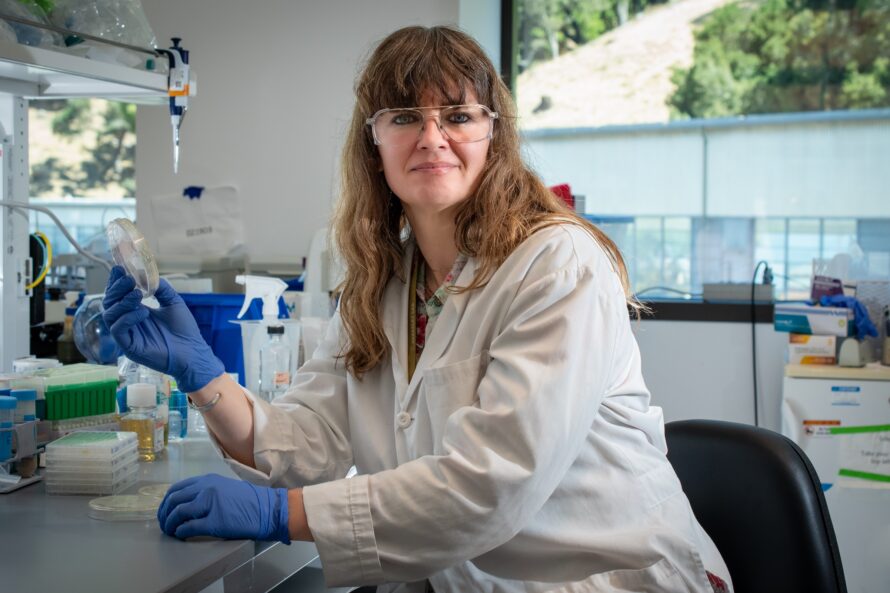
-
Rachbauer Wins First Place at Bay Area Research SLAM Competition
Lydia Rachbauer, a postdoctoral researcher at the Joint BioEnergy Institute (JBEI) in the Biosciences Area’s Biological Systems and Engineering Division was selected for first place and people’s choice prizes in the inaugural Bay Area Research SLAM competition on October 28. Rachbauer delighted the audience and judges with her three-minute story on utilizing the microbes found in fish guts to convert seaweed into sustainable biofuels.
Read the article -
A New Way to Make Chemicals Not Found in Nature
Synthetic biologists have successfully engineered microbes to make chemicals cheaply and more sustainably. However, researchers have been limited by the fact that microbes can only make molecules using chemical reactions seen in nature. A collaboration between scientists at Berkeley Lab and UC Berkeley has engineered the microbe E. coli to produce a molecule that, until now, could only be synthesized in a laboratory.
Read the article -
New Software Tools will Speed up Biojet Fuel Development
Two new publicly available web-based software tools developed at Berkeley Lab, with funding support from the U.S Department of Energy Bioenergy Technologies Office, aim to help researchers and companies quickly test different scenarios and explore viable bio-based fuels and products without ever stepping foot in the lab.
Read the article -
Rachbauer Wins First Place at Research SLAM Competition
Lydia Rachbauer, a postdoctoral researcher at the Joint BioEnergy Institute (JBEI) and in the Biosciences Area’s Biological Systems and Engineering Division won first place and a $3,000 prize in the Berkeley Lab Research SLAM competition on September 23, 2021. Rachbauer’s winning three-minute presentation detailed her research on utilizing the microbes found in fish guts to convert seaweed into sustainable biofuels.
Read the article -
Jay Keasling Receives Distinguished Scientist Fellow Award
Jay Keasling, a senior faculty scientist in Biological Systems and Engineering, professor at UC Berkeley, and CEO of the Joint BioEnergy Institute (JBEI), has been named a Distinguished Scientist Fellow by the U.S. Department of Energy’s Office of Science.
Read the article





